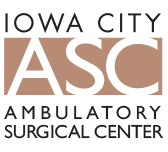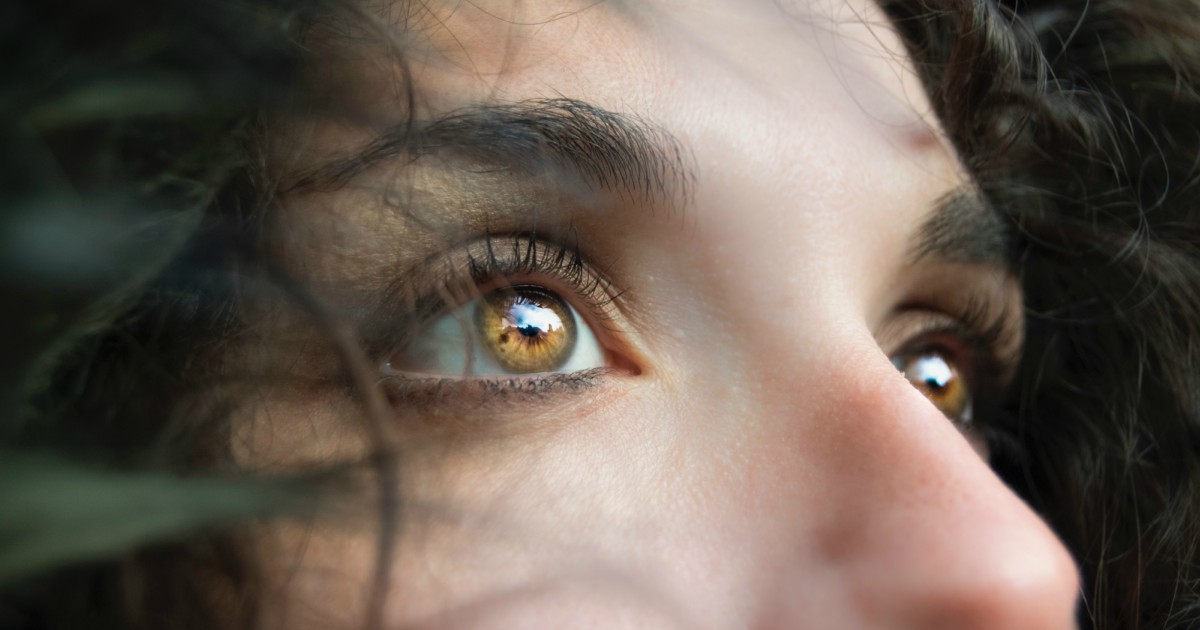After your ophthalmologist has performed tests to confirm that you have cataracts, fear may set in. Being told that you have cataracts and that eventually you will need eye surgery to save your eyesight can be very scary news. It’s only natural to be afraid that there may a strong possibility you will go blind if you do not have the surgery. Then of course, there is the worry you might then have about having surgery on your eyes.
IowaCityASC
Recent Posts
Removing a cataract involves separating it from the lens capsule. The affected lens will be replaced with an intraocular lens implant (IOL). Sometimes it’s not possible to replace the lens. When this happens, your eye doctor will prescribe glasses or contact lenses that will compensate for not having a lens in your eye.
There is no scientific proof that cataracts can be prevented. Most types of cataracts are usually accepted as a normal part of aging. However, doctors advise that there might be ways to reduce your risk of developing or slow their progression.
It can be upsetting to find out that you have cataracts. You might even be afraid that you will suddenly go blind. However, that is not how cataracts work. With cataracts, your eyesight will progressively become worse, depending on which stage this condition has been found. In many cases, surgery will not be indicated immediately after being diagnosed with this condition.
You, like a majority of older adults might be affected by age-related cataracts at some point during your life. Because the symptoms of cataracts are not immediately noticeable, it is important to have your eyes examined as recommended by your eye doctor to catch them at an earlier stage. Once you have been diagnosed with cataracts, you may have many questions, but the most important one you might want to ask your doctor is how cataracts will affect my vision.
It is common for adults over 60 to begin to develop cataracts that will affect their vision. Not all cataracts need to be treated, but when they interfere too much with your vision, you may need surgery to restore your eyesight back to normal.
Facts About Cataracts
Over half of the adults in the United States will have contracted cataracts by the time they're 80 years-old. This condition usually appears in adults over 40, and it is related to the natural aging process of the body. There are, however, additional factors that can increase your risk of developing cataracts, including certain medications, your lifestyle, and the environment where you live.
It is important to make an appointment immediately if you notice any sudden changes to your vision. However, with cataracts you might not notice any changes in your vision right away.
Most cataracts develop slowly, and it might take a couple of years before they interfere with your vision.
Early detection through yearly eye exams, especially if you are over 60 or take medications that make you more susceptible, are crucial to protecting your eyes from cataracts.
With winter just around the corner, your kids will be itching to get outside and participate in cold weather activities. The problem is that with the colder weather comes the increased risk that your child may suffer an injury from a winter sport. According to the U.S. Center for Disease Control and Prevention, sports such as snowboarding or sledding account for a substantial number of visits to hospital emergency rooms each year. The majority of injuries experienced included:
Topics: ACL injury, Sports Medicine
A recent study by Canadian researchers found that football players were at a higher risk of injury during practice and games that were played in the wintertime. Out of the five most common injuries studied, the risk for ankle and shoulder injuries rose by almost 150 percent. While some of the increase in injuries may be related to sports equipment reacting differently to colder temperatures, it’s important not to forget the colder weather’s effect on your body. Your muscles get tight and you have decreased mobility.
Topics: ACL injury, Sports Medicine














